Belgrade to tell Kosovo Serbs to boycott vote
Authorities in Belgrade will advise Kosovo Serbs against taking part in the November 17 ballot in the province.
Wednesday, 12.09.2007.
10:32

Authorities in Belgrade will advise Kosovo Serbs against taking part in the November 17 ballot in the province. Prime Minister Vojislav Kostunica, on a visit to Brussels Wednesday, has not yet officially confirmed this. Belgrade to tell Kosovo Serbs to boycott vote However, reports from Belgium suggest he has notified EU foreign policy chief Javier Solana about the decision during their meeting today. UNMIK announced earlier that the deadline for submitting electoral lists, which expired at 5 p.m. this afternoon, will not be extended. Sources close to the top Serbian state officials say that Kostunica and President Boris Tadic, who two years ago had a difference of opinion when it came to the Kosovo Serbs' participation in the provincial elections, now see eye to eye and believe the conditions for participation do not exist. Tadic is on a one-day visit to Portugal today, where he told reporters he "had no right" to call on Serbs to take part in the vote for the Kosovo assembly. Tadic and Kostunica will meet in the coming days to discuss whether to also advise the Serbs against partaking in local elections in Kosovo, scheduled for the same date, November 17. It was announced earlier that Kosovo Serb parties decided to boycott the elections. Kosovo Minister Slobodan Samardzic (DSS) said Tuesday that Belgrade had come to the conclusion that the required conditions for encouraging Serbs to participate in the Kosovo elections had not been met. He said that the final decision on whether or not to support participation would be made in the coming days. Democratic Party (DS) official Nada Kolundzija said that her party would not recommend any course of action to Kosovo Serbs until the ruling coalition had reached an agreement on the issue. “The DS’s stance is that Serbia needs to give a united message, and we will not make public recommendations until an agreement has been reached. I think the worst thing we can do is give several different messages from Belgrade to the Kosovo Serbs, which has been the case in the past,” Kolundzija said. Liberal Democratic Party leader Cedomir Jovanovic said that Kosovo Serbs had gained nothing from boycotting the 2004 local elections. “I want to call on all Serbs in Kosovo to work with the Kosovo institutions as places where their problems can be solved, because it is obvious that this won’t happen through relations between Belgrade and Pristina. It’s not the authorities who will have to cope with the damage that’s left, but rather the people and their families,” Jovanovic said. A Serb Radical Party official said that Kosovo Serbs should “under no circumstances participate.” “Serbs should not participate in the elections, considering the kind of occupation they are under in Kosovo. The conditions for Serbs to vote do not exist, that is certain, and we advise them again to not participate in the elections under any circumstances,” he said. Before the Kosovo elections in 2004, Kosovo Serbs received mixed messages, with Prime Minister Vojislav Kostunica calling on a boycott and President Boris Tadic calling for participation. In the end, two Serbian lists participated in the elections, both of which entered the Kosovo parliament. Political analyst Stevan Niksic said that Belgrade’s stance of boycotting the elections was uncooperative in nature. “The U.S., Europe, and the entire world are looking at what Belgrade is doing, and they expect to see Belgrade’s sincerity in their intentions to cooperate and maintain stability, and that includes some type of cooperation with the Albanians." "This kind of position represents the antithesis of what Belgrade wants to present to the world,” Niksic said.
Belgrade to tell Kosovo Serbs to boycott vote
However, reports from Belgium suggest he has notified EU foreign policy chief Javier Solana about the decision during their meeting today.UNMIK announced earlier that the deadline for submitting electoral lists, which expired at 5 p.m. this afternoon, will not be extended.
Sources close to the top Serbian state officials say that Koštunica and President Boris Tadić, who two years ago had a difference of opinion when it came to the Kosovo Serbs' participation in the provincial elections, now see eye to eye and believe the conditions for participation do not exist.
Tadić is on a one-day visit to Portugal today, where he told reporters he "had no right" to call on Serbs to take part in the vote for the Kosovo assembly.
Tadić and Koštunica will meet in the coming days to discuss whether to also advise the Serbs against partaking in local elections in Kosovo, scheduled for the same date, November 17.
It was announced earlier that Kosovo Serb parties decided to boycott the elections.
Kosovo Minister Slobodan Samardžić (DSS) said Tuesday that Belgrade had come to the conclusion that the required conditions for encouraging Serbs to participate in the Kosovo elections had not been met.
He said that the final decision on whether or not to support participation would be made in the coming days.
Democratic Party (DS) official Nada Kolundžija said that her party would not recommend any course of action to Kosovo Serbs until the ruling coalition had reached an agreement on the issue.
“The DS’s stance is that Serbia needs to give a united message, and we will not make public recommendations until an agreement has been reached. I think the worst thing we can do is give several different messages from Belgrade to the Kosovo Serbs, which has been the case in the past,” Kolundžija said.
Liberal Democratic Party leader Čedomir Jovanović said that Kosovo Serbs had gained nothing from boycotting the 2004 local elections.
“I want to call on all Serbs in Kosovo to work with the Kosovo institutions as places where their problems can be solved, because it is obvious that this won’t happen through relations between Belgrade and Priština. It’s not the authorities who will have to cope with the damage that’s left, but rather the people and their families,” Jovanović said.
A Serb Radical Party official said that Kosovo Serbs should “under no circumstances participate.”
“Serbs should not participate in the elections, considering the kind of occupation they are under in Kosovo. The conditions for Serbs to vote do not exist, that is certain, and we advise them again to not participate in the elections under any circumstances,” he said.
Before the Kosovo elections in 2004, Kosovo Serbs received mixed messages, with Prime Minister Vojislav Koštunica calling on a boycott and President Boris Tadić calling for participation.
In the end, two Serbian lists participated in the elections, both of which entered the Kosovo parliament.
Political analyst Stevan Nikšić said that Belgrade’s stance of boycotting the elections was uncooperative in nature.
“The U.S., Europe, and the entire world are looking at what Belgrade is doing, and they expect to see Belgrade’s sincerity in their intentions to cooperate and maintain stability, and that includes some type of cooperation with the Albanians."
"This kind of position represents the antithesis of what Belgrade wants to present to the world,” Nikšić said.






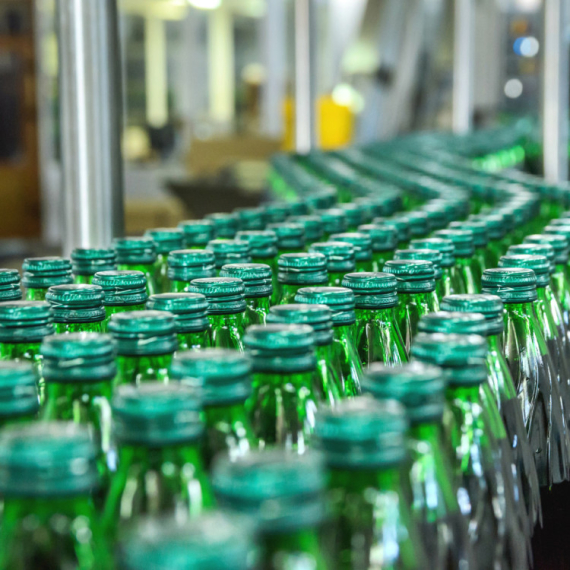




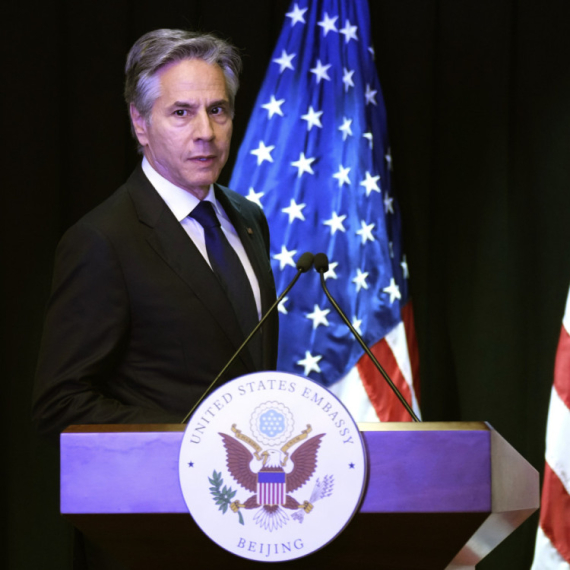


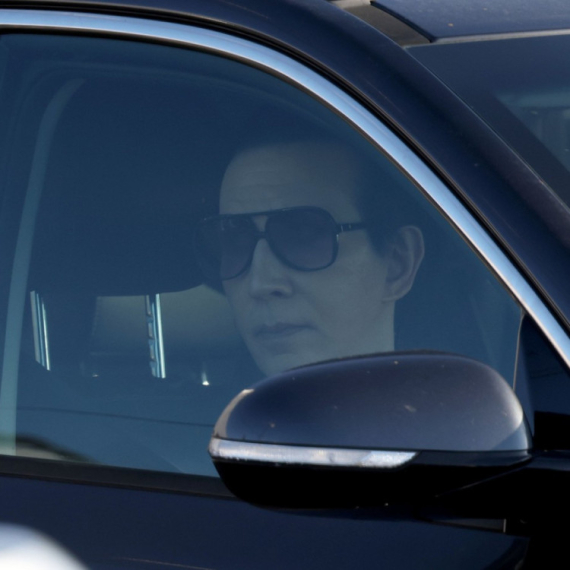

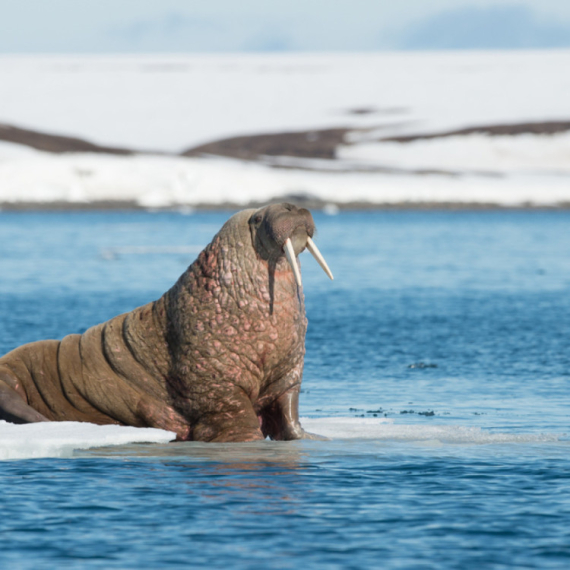
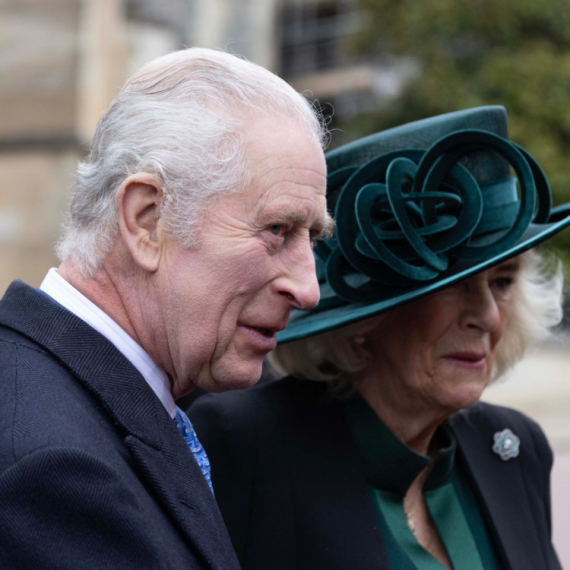
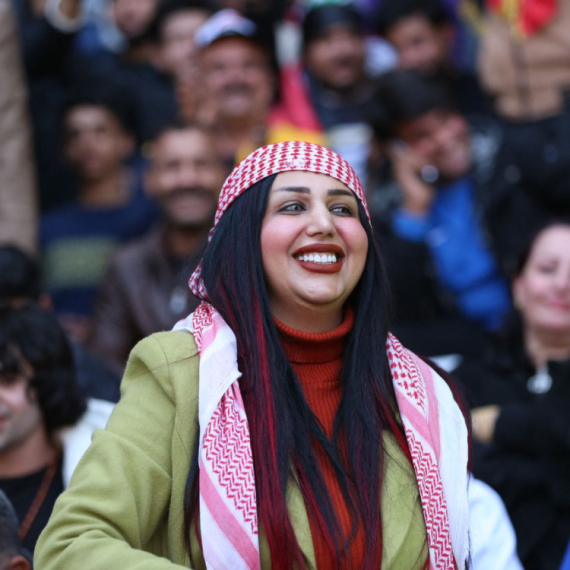






















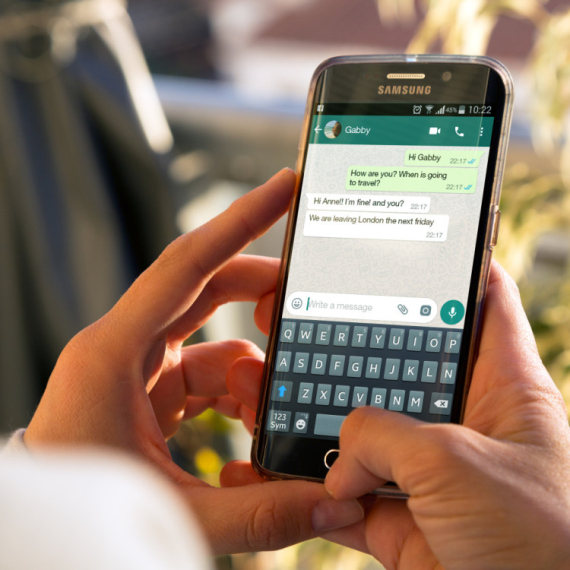



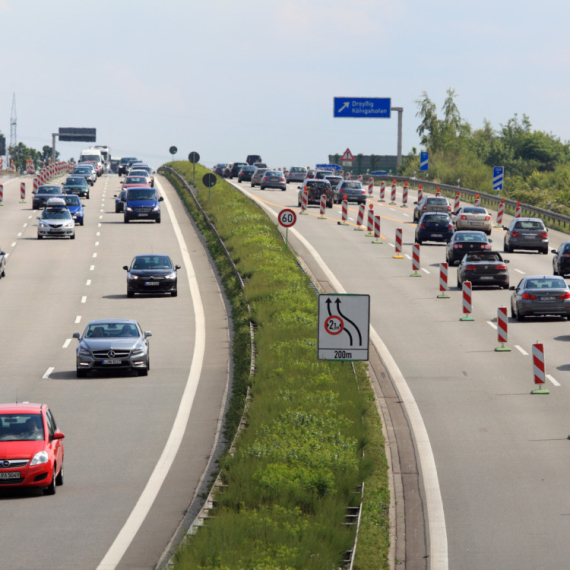


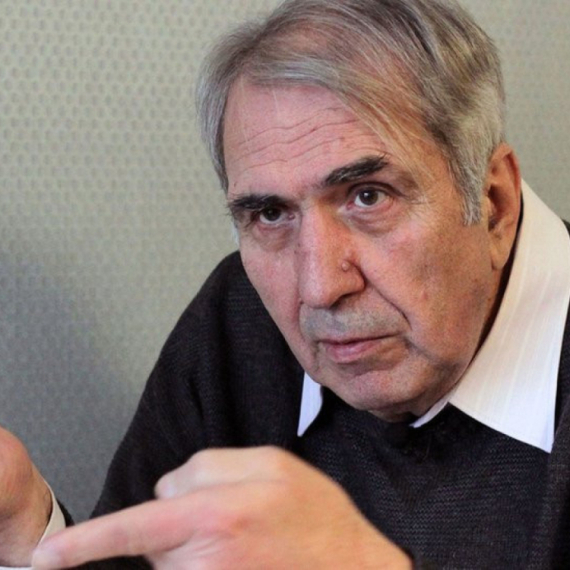
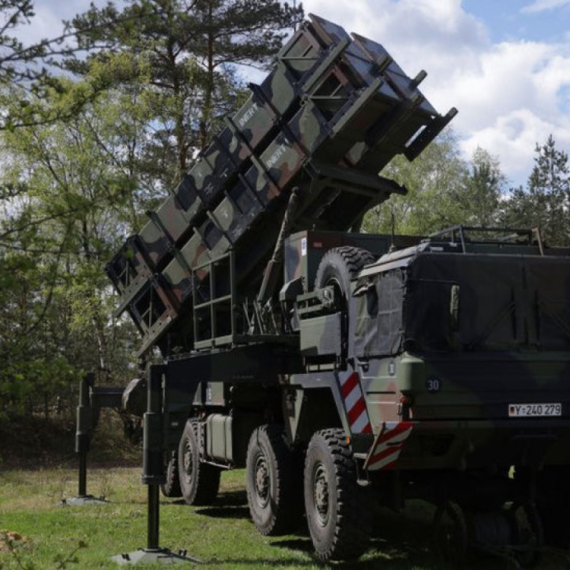

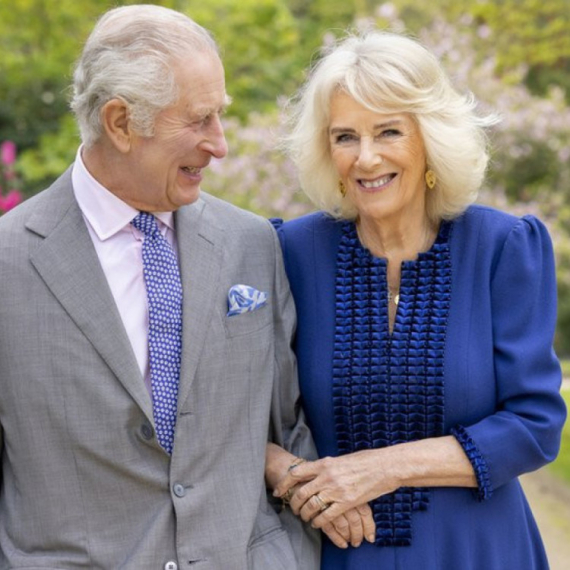


Komentari 34
Pogledaj komentare